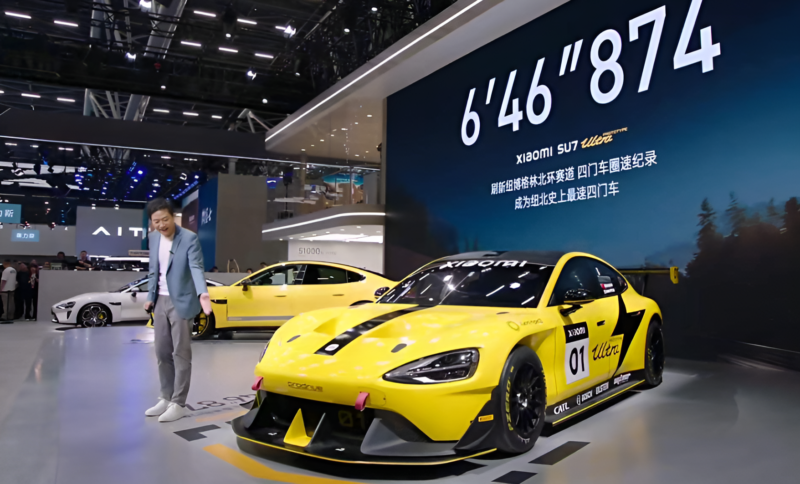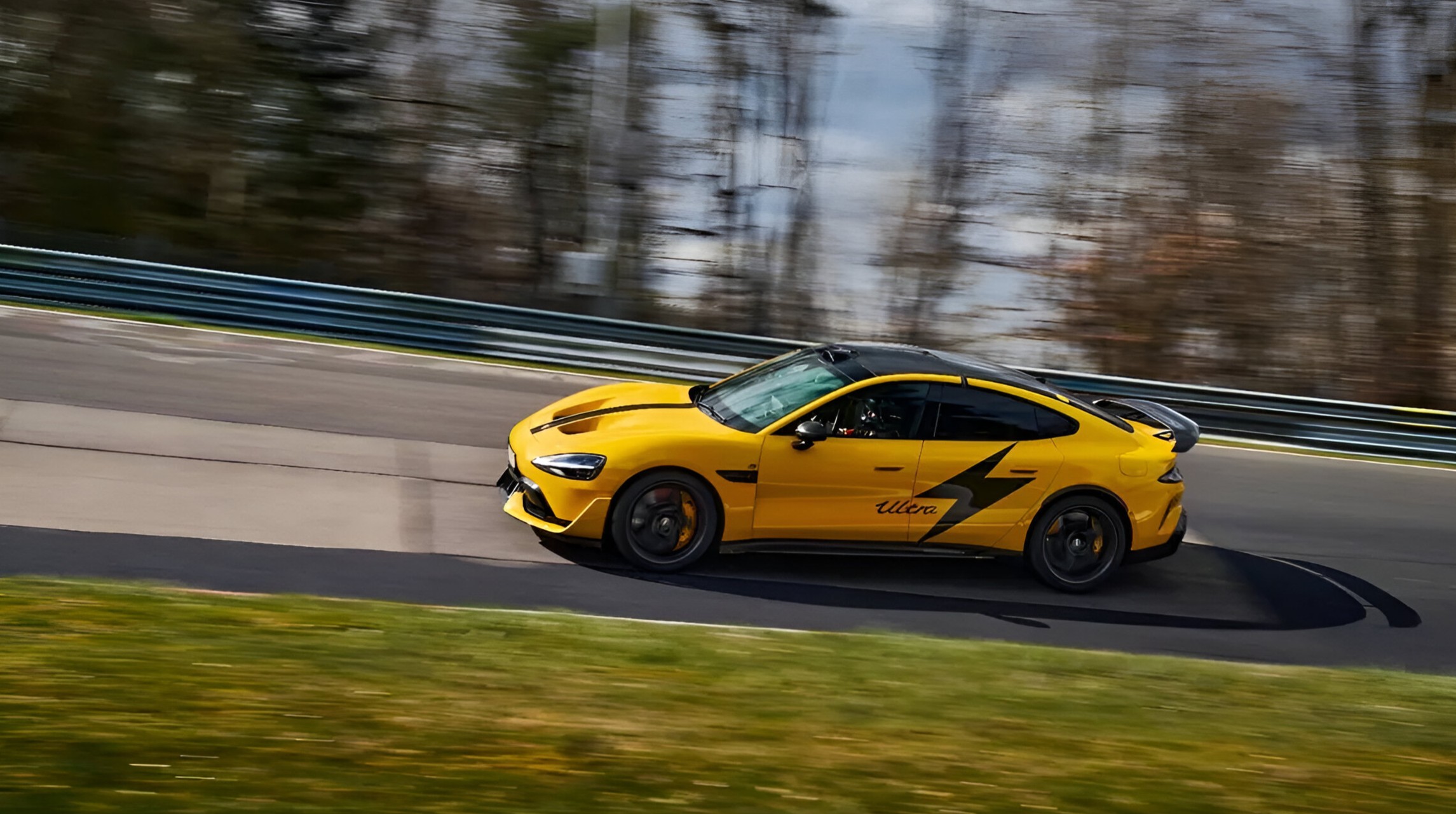On May 10, Lei Jun, founder, chairman, and CEO of Xiaomi, shared a candid post on Weibo, describing the past month as the most challenging period since the company’s founding. He acknowledged feeling emotionally and physically exhausted, which led him to cancel meetings, delay business trips, and temporarily withdraw from public communication.
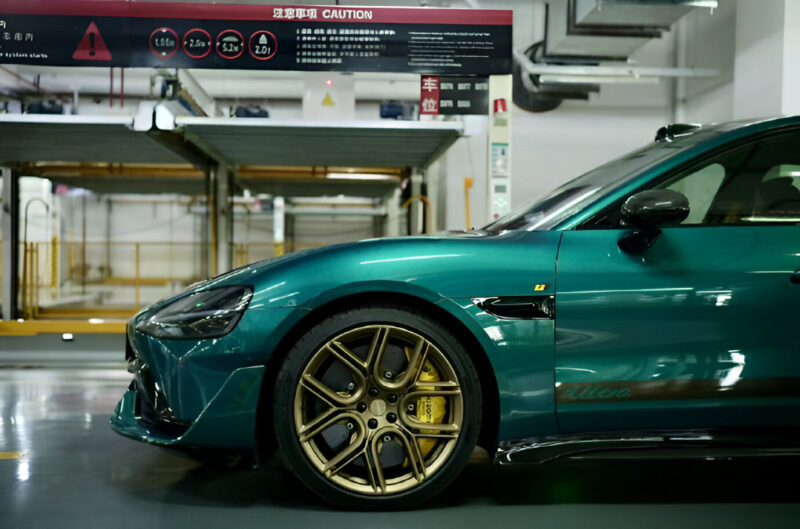
“The past month has been the most challenging since I founded Xiaomi. I’ve been feeling quite down—cancelling meetings, postponing business trips and stepping back from social media. These past few years have been hectic, but this quiet time allowed me to reflect deeply and gain valuable insights.
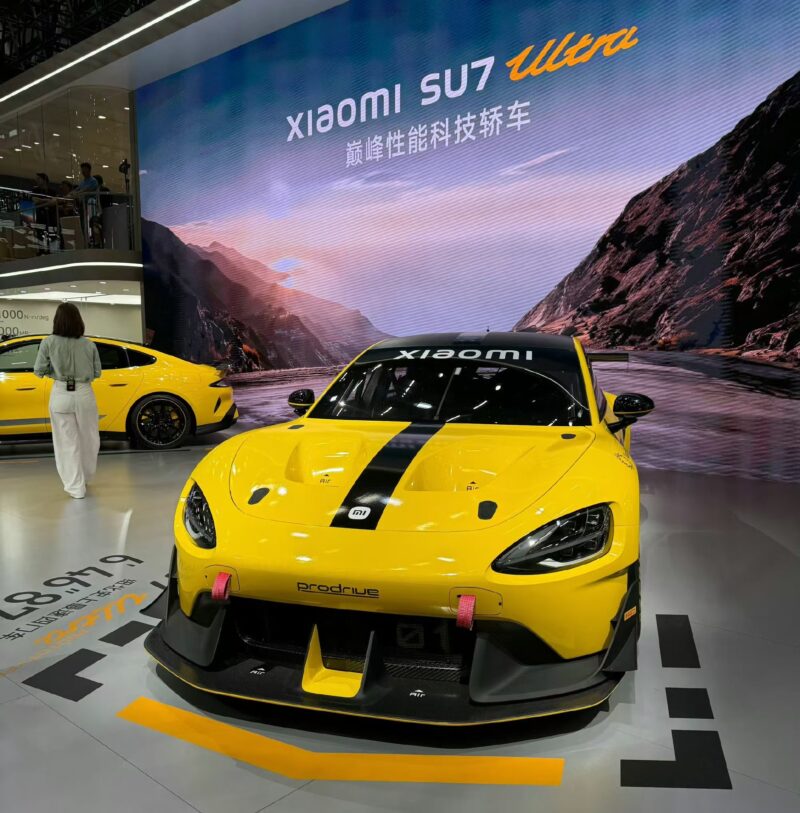
Recently, reading all the messages from friends moved me deeply. Your care and support have given me immense confidence, helping me gradually regain the courage and determination to move forward. My spirits are now starting to recover.”

Controversies surrounding the SU7 Ultra
Xiaomi recently faced backlash after a software update restricted the SU7 Ultra’s maximum output from 1548 hp to around 900 hp during normal driving conditions. To unlock full performance, owners were required to complete a racetrack lap under a new “Ranking Mode.” The update sparked criticism over the lack of transparency and limited access to advertised capabilities. Although Xiaomi cited safety as the reason, it reversed the update and pledged to improve communication around future software changes. The incident underscores tensions between safety protocols and customer expectations as performance EVs become increasingly software-driven.
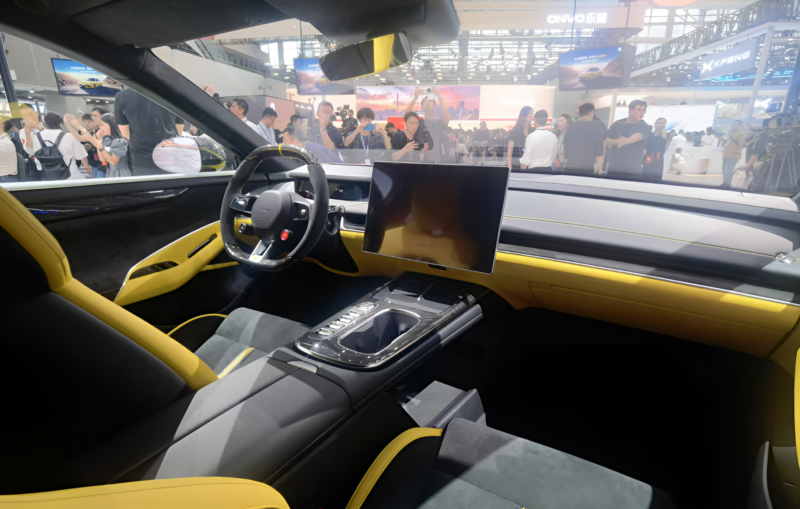
Further controversy followed criticism of the SU7 Ultra’s carbin fibre dual-duct hood. Some owners accused Xiaomi of overstating its functionality. The company acknowledged that the hood’s benefit was a modest 1.2 kg (2.6 lb) weight reduction and offered a resolution: undelivered orders could switch to a standard hood. At the same time, existing customers would receive These customers will also receive 20,000 yuan (2,770 USD) loyalty points as compensation.
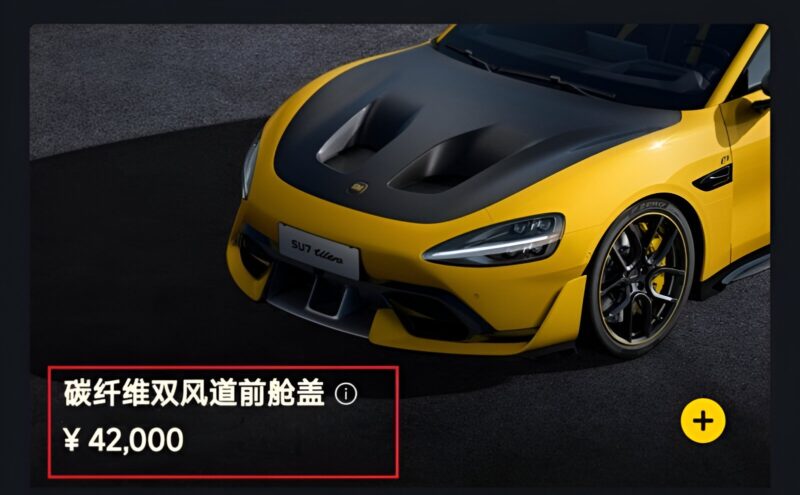
Fatal crash raises safety questions.
Concerns over the SU7’s safety intensified following a fatal crash on March 29 in Tongling, Anhui province. The vehicle reportedly hit a highway barrier and caught fire, resulting in three deaths. The incident has prompted scrutiny of the SU7’s driver-assistance alerts, door-lock systems, and battery safety.
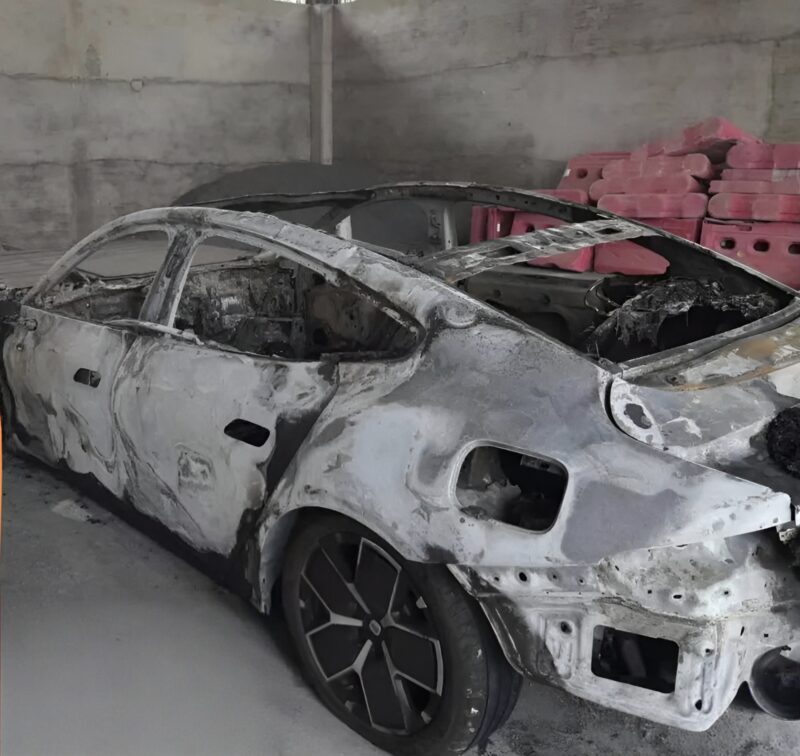
Lei Jun’s video post on his account appeared on March 30, the day after the crash, prompting speculation about his subdued public presence in the following weeks.

As Xiaomi addresses these issues, Lei’s public statement offers a rare glimpse into the pressures of leading a high-profile company through a turbulent period. How the company responds—particularly in restoring consumer trust and improving vehicle safety—will be key in shaping its path forward.



